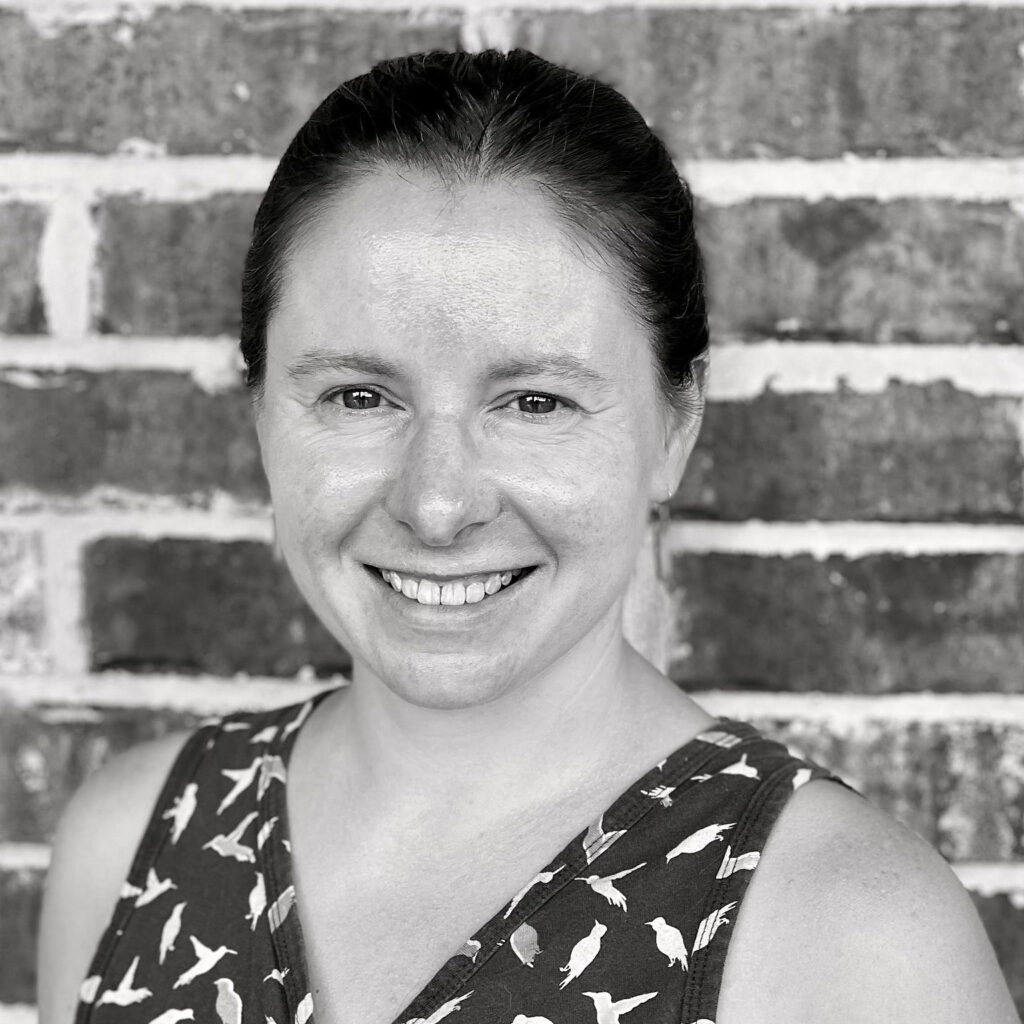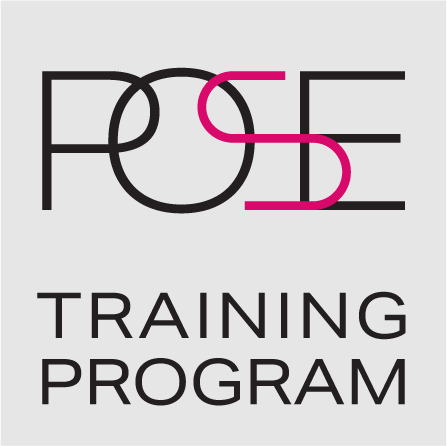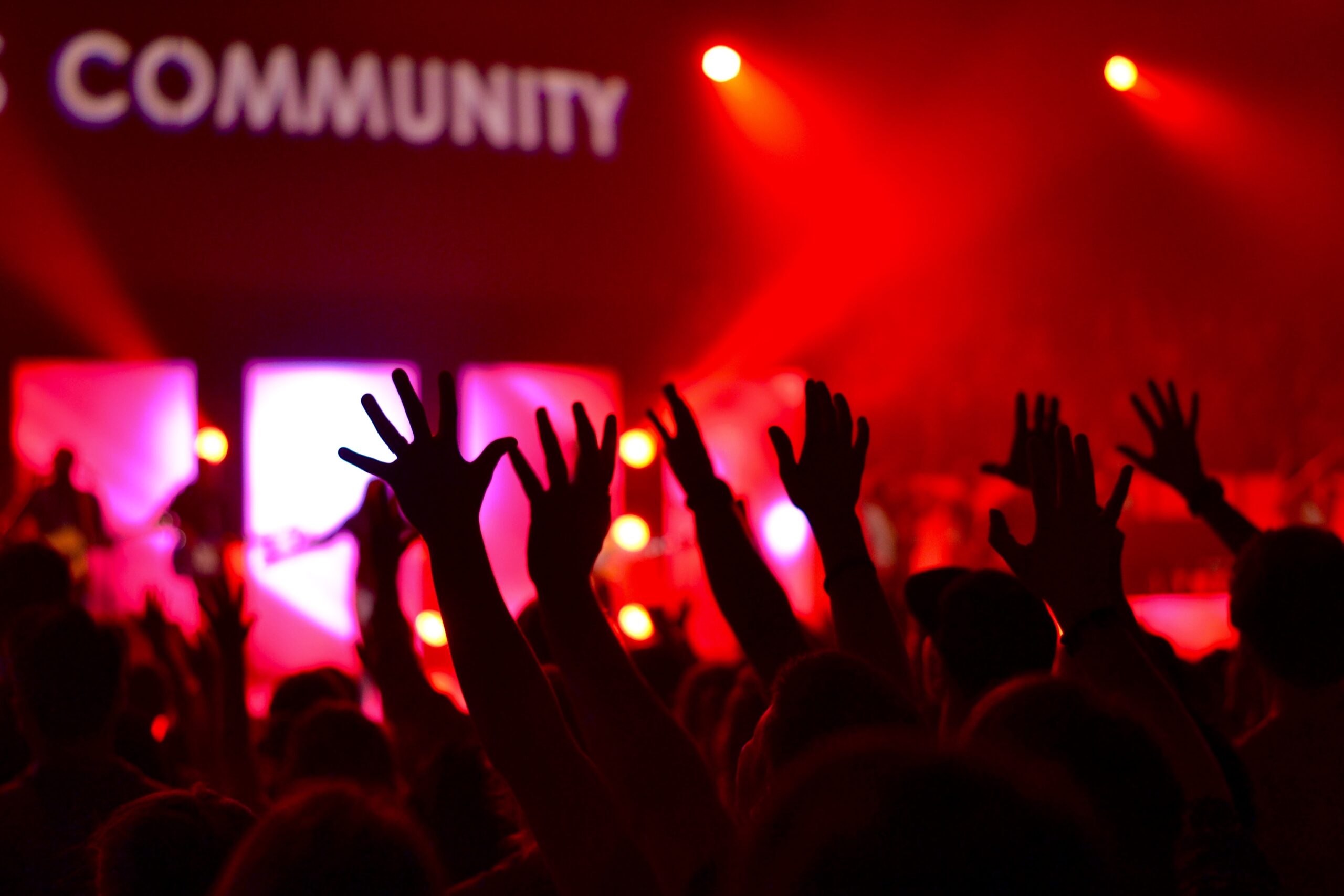The initial pilot of the POSE Training Program wrapped up last week, and now that our formal online learning schedule is complete, it’s time to introduce some ongoing opportunities to continue sharing open-source experiences in the POSE community of practice (CoP).
In this post, we’ll introduce the new POSE Training Program community manager, Emily Lescak, and the rationale for supporting ongoing connections between program participants. We also highlight how current POSE awardees can help shape what comes next in the CoP so that it’s a place that meets their needs as they consider the challenges of scaling open-source projects.
What’s the rationale for a POSE Community of Practice?
The POSE Training Program was conceived as an introduction to the key things to consider when scaling from an open-source product to an Ecosystem-level project – one that shifts from a small team driving most of the updates to a more distributed set of activities that successfully engage a range of stakeholders and community members in the ongoing growth and maintenance of the project.
There are many different areas to consider when scaling – from how governance evolves to what type of managing organization structure to choose – and the specific contexts of each project introduce nuance to these decisions. As such, the training program gives a broad sketch of the overall decision-making landscape, signposting key things to consider and people and places with relevant expertise that might help on the journey. But, it’s not intended to provide a one-size fits all solution for all projects. Navigating the details of the terrain is where the CoP comes in.
A CoP is a learning space where practitioners can come together to compare and build upon their experiences, enabling them each to exchange the “implicit” knowledge that comes from doing their work. It’s a valuable complement to the frameworks shared and discussed during trainings, and enables a group to continue evolving a body of knowledge together. Often, a CoP will result in new knowledge artifacts – whether those are tipsheets, white papers, interviews, case studies, or other work products.
With the POSE Training Program, this sharing might look like finding others working on similar projects and sharing useful resources or tested approaches; identifying commonalities across different focus areas (software, hardware and/or data); and reporting back about success with implementation. And, as new POSE awards are made by NSF, those awardees will take the POSE Training Program and be welcomed into the CoP, supporting its steady growth.
Both CSCCE staff and Karthik Ram, as co-founder of the US Research Software Sustainability Institute (URSSI) and rOpenSci, have deep experience in convening CoPs and we’re excited by the potential that the POSE Training Program CoP has to fill a gap in community-driven open-source learning.
Meet the new POSE Training Program community manager!
The POSE Training Program community is first and foremost for POSE awardees, who we hope will bring questions, experience, and ambition into the shared space. We have the opportunity now to co-create a learning community that will support current and future awardees in their endeavors – and potentially also produce resources together that could benefit others beyond the POSE program.

Because we understand that everyone is busy and that communities need dedicated and responsive nurturing to make the best use of all of our time, the POSE training team will be providing the infrastructure to support the CoP – including an experienced community manager, Emily Lescak.
Emily joined the CSCCE staff team as Project and Community Manager for the POSE Training Program at the end of April 2023. Her role includes project management behind the scenes (working closely with CSCCE’s Director of Operations Cat Dayger) and community management “front of house.” Over the next few months, she’ll be working with CSCCE Director and POSE Training Program co-PI Lou Woodley, Lead PI Karthik Ram, and CSCCE Communications Director Katie Pratt, to build connections between participants and cohorts in Slack.
Emily comes to us from the Wikimedia Foundation, where, as Senior Research Community Officer, she developed a multi-year strategy for growing, diversifying, and supporting the global community of researchers working on Wikimedia projects, co-organized an annual virtual research workshop, and co-developed a new funding program to support international cohorts of researchers. Previously, she developed and managed Code for Science and Society’s Event Fund, bringing together grantees focused on open data projects in a range of collaborative learning events. She took CSCCE’s Community Engagement Fundamentals course in 2021 and has been an active member of the CSCCE community of practice for more than three years.
Some ways to participate in the community
The nascent POSE Training Program community of practice is a unique space where awardees can connect with a very specific group of open-source professionals. Building on their shared experiences during the POSE Training Program, they will be able to use the Slack workspace to stay in touch with other groups, share resources they have found helpful, and ask questions about a range of relevant topics. Some options for participation crrently include:
- Posting in the existing public channels:
- #community – where all participants can connect, share resources, reflect on the training program, and ask questions
- #intros – a channel for sharing bios and getting to participants in all cohorts
- #jobs – post opportunities in open-source here – they don’t have to be jobs with your group
- #requests-for-input – a channel for you to ask for input on your open-source Ecosystem
- #random – if it doesn’t fit somewhere else, post it here!
- Suggesting new channels
- Responding to other people’s questions or posts
We are also ready to support additional activities, based on awardee interests – which could include “pop-up” discussions (such as this upcoming call about using Discourse), regular monthly topical calls and working groups focused on specific areas.
Feedback and iteration
We’re very keen to make this CoP responsive to awardee needs, and while we scaffolded some initial channels in our shared Slack workspace, we are actively seeking feedback from participants in the initial Spring 2023 Pilot of the POSE Training Program. Over the next few weeks, Emily will be scheduling one-to-one chats with awardees, and then sharing a short survey in which all CoP members can give feedback on the suggestions she hears in those sessions.
Please don’t hesitate to reach out to Emily about the POSE Training Program CoP, or send questions or feedback to info@pose.training. We look forward to supporting this shared space!
Featured image credit: William White on Unsplash



No responses yet